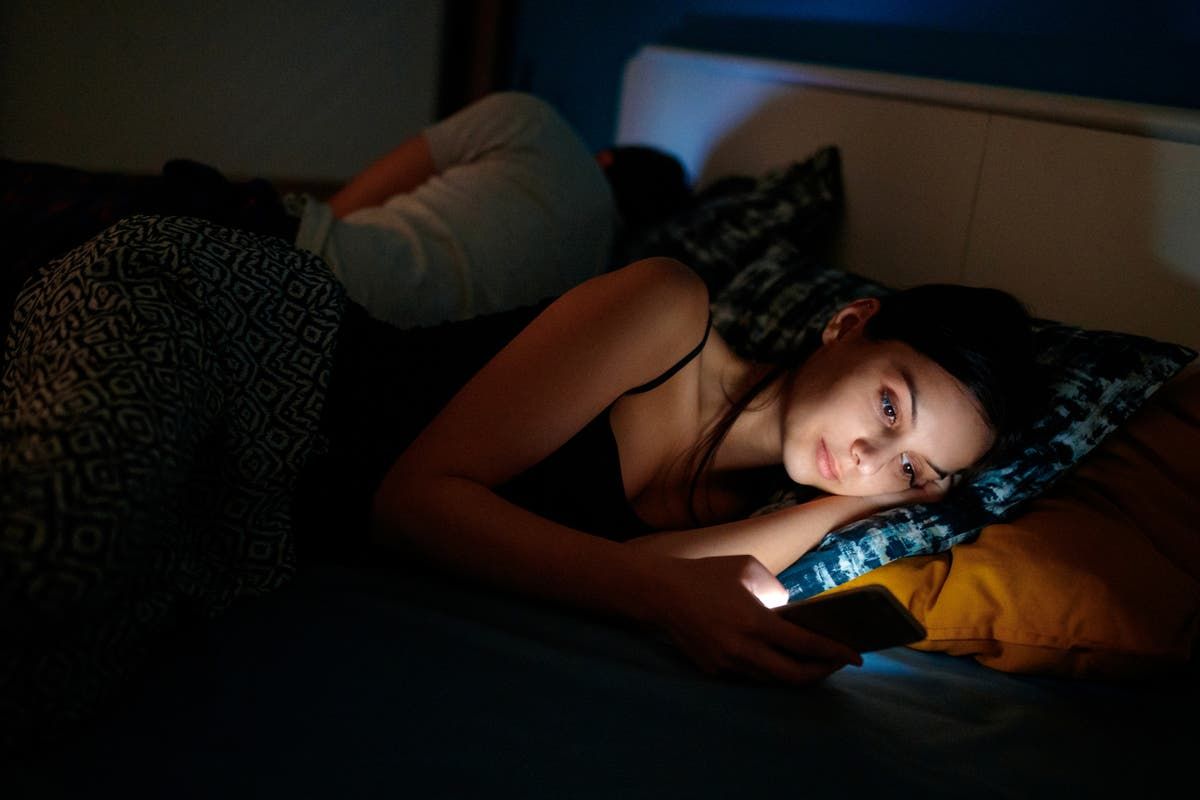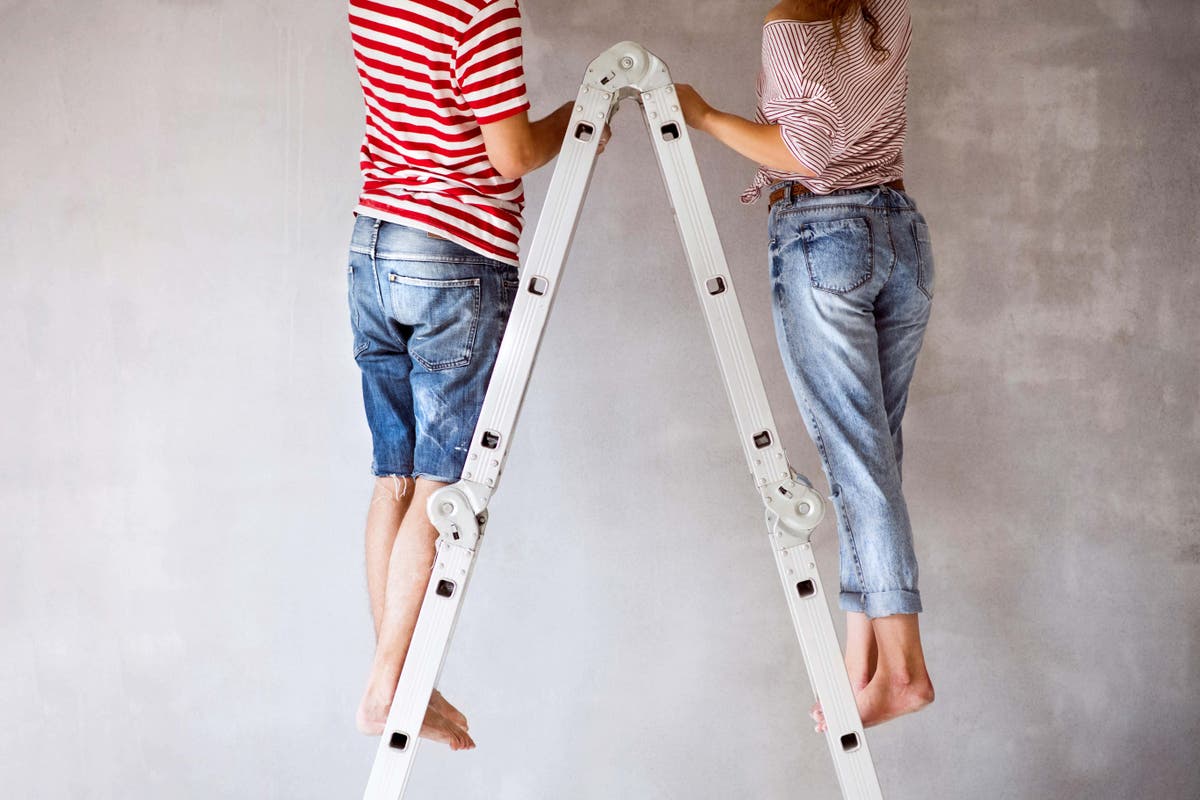Late-night TikTok viewers can breathe a sigh of relief as a new study has claimed that the light emitted by smartphones has no significant effect on sleep quality.
It has long been advised that those wishing to get a quality night's sleep should avoid using devices such as phones and tablets, and watching television before bed due to the blue light they produce.
It has been said that blue light suppresses melatonin, which is the light-reactive hormone that helps with sleep and the human circadian rhythm, or 24-hour internal clock.
However, a new report published in the medical journal Sleep Medication Reviews has questioned this conclusion, stating that the effect of screens on the ability to fall asleep is not as great as we think.
“If we take a step back and look at all the factors that can be detrimental to our sleep, screens are overrated,” said Michael Gradisar, a clinical psychologist who co-wrote the article.
“There is no evidence from 11 studies conducted around the world that screen light an hour before bedtime makes it more difficult to fall asleep.”
As reported in The timesThe biggest effect was seen in a study a decade ago, which found that screens delayed people falling asleep by just 10 minutes.
“You have to ask yourself: Does 10 minutes really make a difference?” Gradisar said.

According to Gradisar and researchers, the most crucial factor affecting a person's sleep is when they finally fall asleep. This may suggest that it is a person's distraction by the device that delays their sleep, and not the device itself that affects sleep.
Still, many researchers point out that screen light can affect people differently, with some reacting more strongly to its effects.
Russell Foster, a professor of circadian neuroscience at Oxford who is not connected to the study, also downplayed the impact of blue light on sleep, adding: “There is no evidence that blue lights from screens have any significant impact.”
Earlier this year, a study from the University of Basel recorded similar findings and suggested that blue light from the screen does not greatly affect a person's sleep-wake cycle.
Dr. Christine Blume, a psychologist at the Swiss university's Center for Chronobiology, explained to Medical news today That blue light itself is not very important in a person's sleep rhythm, but recommended that people reduce their exposure to short-wavelength light in general, regardless of its color.
“Our results support the findings of many other studies that light-sensitive ganglion cells are the most important for the human internal clock,” Blume said.
“Therefore, short wavelength light, often misleadingly called 'blue light', should be reduced at night, for example by dimming computer screens and using a night shift mode.
“Avoiding screen time before bed can also help, since the things we do on our phones often delay sleep.”












